Nitsa (Kaliner) Kasir was interviewed for an article in Haaretz (Sivan Klingbail, 11.6.2020) following a lecture, she gave at a conference of the Ministry of Labor. She was interviewed about the changes that are taking place in the ultra-Orthodox society following the Corona crisis and their implications for Haredi employment.
“The ultra-Orthodox issue was urgent even before the coronavirus crisis. The community is growing, and in 2065 it will comprise one-third of Israel’s population,” states Nitsa Kaliner Kasir, vice chairwoman of the Haredi Institute for Public Affairs. Changes within the ultra-Orthodox community were beginning even before the crisis. “They recognize that changes are needed, primarily for women,” she says. The crisis is an opportunity, she says. “There’s more understanding that they can’t just rely on handouts. This happened in 2002 and it’s happening again.”
However, many sources say that those who want to join the workforce will find it particularly challenging. “The unemployment rate is impacted by the number of people joining the workforce,” says Kasir. “It takes ultra-Orthodox individuals longer to find a job than the average for non-Haredi Jews, and the difference is explained primarily due to the quality of their education.” Over the short term, new participants in the workforce will have trouble finding jobs because there are fewer positions available and more people looking, including some people with significant experience and skills, says Kasir. But she’s optimistic about the long-term potential: “There may be more workforce participation, as happened following the crisis at the turn of the millennium.”

